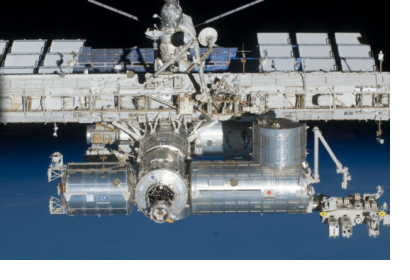The application period for the third round of the United Nations/Japan Cooperation Programme on CubeSat Deployment from the International Space Station (ISS) Japanese Experiment Module (Kibo), “KiboCUBE”, is now open and will close on 31 March. KiboCUBE aims to provide educational or research institutions from developing countries that are United Nations Member States opportunities to deploy, from the ISS Kibo, cube satellites (CubeSats) which they develop and manufacture.
The teams selected for the first and second round of the programme developed projects to support relevant information on space and technology progress. In the first round, a team from the University of Nairobi aims to deploy a CubeSat to acquire data for monitoring agriculture and coastal areas. The team from the Universidad del Valle de Guatemala selected in the second round plans to use its CubeSat to test equipment for monitoring the concentration of harmful cyanobacteria (algae blooms) over inland bodies of water.
Through the programme, the United Nations Office for Outer Space Affairs (UNOOSA) and the Japan Aerospace Exploration Agency (JAXA) demonstrate their commitment to promoting space science and technology in developing countries and to raise awareness of the role that space science and technology plays in advancing sustainable development and help to build capacity in space science and technology.
At the moment, CubeSats can only be deployed from the International Space Station (ISS) through Kibo. Since 2012, nano-satellites and CubeSats from various countries around the world have been ejected, which has contributed to the development of technology and capacity-building, specifically in space engineering.

